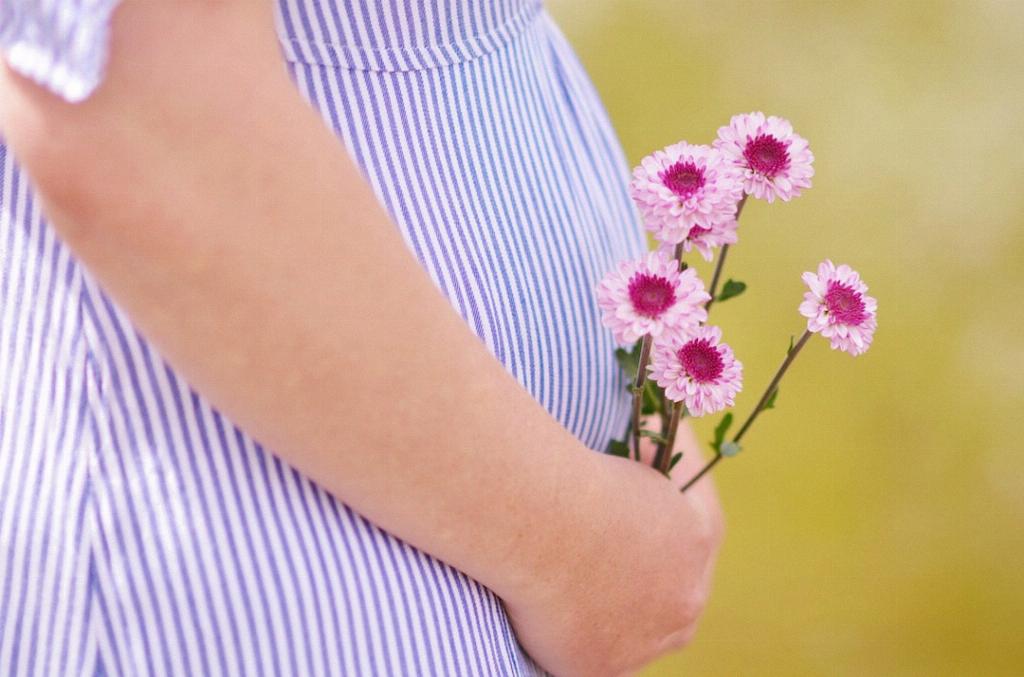When considering what happens if a baby gets rubella, it is essential to understand the potential effects of this viral illness on infants. Rubella, also known as German measles, is a contagious disease that is often characterized by a rash and mild symptoms in children and adults. However, when a baby is infected with rubella, the consequences can be more severe.
Risk of Birth Defects
One of the most significant risks associated with babies contracting rubella is the potential for birth defects. If a mother contracts rubella during pregnancy and passes the virus on to her unborn baby, it can result in a condition known as congenital rubella syndrome. This can lead to a range of birth defects, including deafness, blindness, heart defects, and intellectual disabilities.
Developmental Delays
For babies who are born with congenital rubella syndrome, there is also an increased risk of developmental delays. The impact of the virus on the baby’s developing brain and nervous system can lead to delays in milestones such as walking, talking, and social interactions. Early intervention and support are crucial to help babies with rubella-related developmental delays reach their full potential.
Compromised Immune System
Rubella can also weaken a baby’s immune system, making them more susceptible to other infections and illnesses. A weakened immune system can result in frequent illnesses, longer recovery times, and a higher risk of complications from common childhood illnesses such as the flu or respiratory infections.
Vision and Hearing Impairments
Another potential consequence of babies getting rubella is the development of vision and hearing impairments. Congenital rubella syndrome can cause damage to the baby’s eyes and ears, leading to vision problems, hearing loss, and other related issues. Early detection and intervention can help manage these impairments and improve the baby’s quality of life.
Cardiac Complications
In severe cases of congenital rubella syndrome, babies may experience cardiac complications due to the impact of the virus on the heart. Heart defects, abnormalities in heart function, and other cardiac issues can all arise as a result of rubella infection during pregnancy. Close monitoring and specialized care are essential to manage these complications.
Respiratory Challenges
Babies affected by rubella may also face respiratory challenges, such as breathing difficulties or lung problems. The virus can impact the respiratory system, leading to issues with breathing, lung development, and overall respiratory health. Medical intervention and supportive therapies may be necessary to address these challenges and improve the baby’s respiratory function.
Neurological Impacts
Neurological impacts are another concern when it comes to babies contracting rubella. The virus can affect the baby’s brain and nervous system, leading to neurological issues such as seizures, cognitive impairments, and behavioral challenges. Early intervention from a multidisciplinary team of healthcare professionals is crucial to address these neurological impacts effectively.
Speech and Language Delays
Babies with rubella-related developmental delays may also experience challenges with speech and language development. The impact of the virus on the baby’s cognitive and communicative abilities can lead to delays in speech milestones, language acquisition, and overall verbal communication skills. Speech therapy and early intervention programs can help babies with rubella overcome these challenges and improve their communication abilities.
Physical Growth and Motor Skills
Physical growth and motor skills can also be affected in babies who contract rubella. The virus can impact the baby’s physical development, leading to delays in motor skills, coordination, and overall physical growth. Occupational therapy and physical therapy can play a vital role in helping babies with rubella develop their physical abilities and achieve their developmental milestones.
Emotional and Social Development
The emotional and social development of babies with rubella-related challenges may also be impacted. The cognitive and neurological effects of the virus can influence the baby’s emotional regulation, social interactions, and overall social development. Early intervention from mental health professionals, developmental specialists, and social workers can support the baby’s emotional and social well-being.
Conclusion
In conclusion, the consequences of a baby getting rubella can be profound and far-reaching, affecting various aspects of the baby’s development, health, and quality of life. Early detection, intervention, and comprehensive care are crucial in managing the effects of rubella on infants and supporting their overall well-being. By understanding the potential impacts of rubella on babies, we can work towards providing the necessary support and resources to help these babies thrive despite the challenges they may face.

